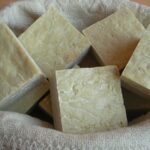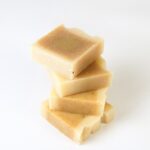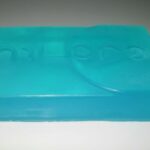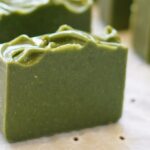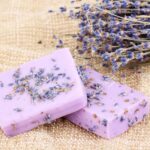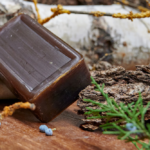Can natural stone survive a freezing winter? In this article, we are going to explain the question of if natural stone frost resistant or not?
- Frost resistance
- An authentic garden
- Mainly because of water
- Tips to protect your stone from frost
- The choice of support is a decisive factor
- Are the tiles frost resistant?

Frost resistance
This standard determines an essential durability characteristic for exterior structures. Natural stone meets frost resistance standards classified as the number of freeze/thaw cycles that a rock sample can undergo in the laboratory without alteration. Depending on the destination of the work, the standard varies.
An authentic garden
Our natural stone floors are also available in an outdoor version! You can fully coat your exteriors thanks to the dimensions we offer. Each stone has its charm and provides a different atmosphere. This will make your choice all the easier when you see the stones we offer. Essential characteristics: If laid correctly, our natural stone slabs have a high frost resistance and a very long lifespan. If you have ideas for designing your garden with natural stone, you can also order universal tiles!
After laying your tiles on the terrace, you want them to remain intact, even after a freezing winter. So that you don’t have any unpleasant surprises when the first ray of sunshine appears, we explain what you should pay attention to when buying and installing to ensure that your stone is frost resistant.
Mainly because of water
The fact that natural stone is frost resistant depends on its absorption capacity. The more water the material absorbs, the more vulnerable it is to low temperatures. If a large amount of liquid gets into the stone, it expands during freezing and enters the walls and cavities. Chips, cracks and chapping will then appear on your terrace. Thus, low temperatures are not the real danger. There are problems only when there is water in the natural stone! By the way: Porous stones such as our Rustic travertine are not necessarily the most frost-prone. If the stone can reject water back, it is still frost resistant.
Tips to protect your stone from frost
In order the stone can reject water, and for the stone to be frost resistant, there are a few details to keep in mind and respect.
The choice of support is a decisive factor: In principle, we always recommend laying the stone on a bed of gravel, so that rainwater and snowmelt water can drain away and thus not stagnate. The use of mortar would encourage this stagnation. The use of a drainage mortar is conducive to proper water drainage. Also, you will need to ensure that your slabs are placed on a slope of at least 3%. On flat surfaces, water can stagnate for a long time, and frost can cause damage in winter. The slope guarantees a good flow of water. The same goes for the joint: Liquids must be able to flow; therefore we recommend open or at least water-permeable seals.
If you are not sure how frost-resistant your favourite slab is, ask your natural stone dealer! Most often, slabs are subjected to frost resistance tests in which the stone is frozen and then thawed.
Are the tiles frost resistant?
Although there is a large selection of frost-resistant natural stone tiles for outdoor use, some people wonder whether the tiles are also frost-resistant and suitable for terraces. In general, 3 cm thick terrace tiles should be used as much as possible outdoors, but sometimes they are just too thick. If the slabs (1 to 1.2 cm thick) are certified frost-resistant, they can be used outside the house. The use of tiles in the Mediterranean basin, for example, is not problematic since the climate is mild. However, we still advise you to discuss this with your tiler. Make sure that the water can drain off quickly. Besides, you had to consider something else: the tiles are often polished and are therefore not always non-slip!
If you want to see more useful information about different categories, please visit our website.



